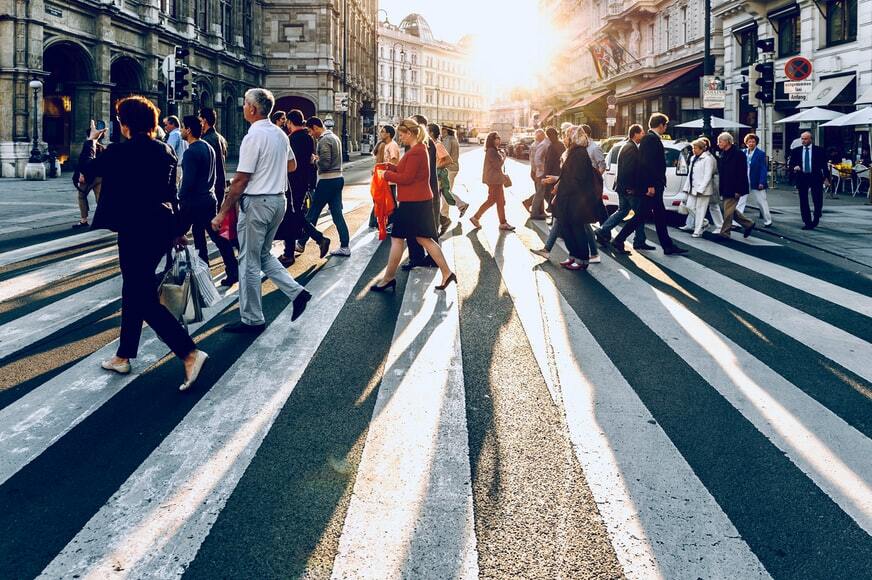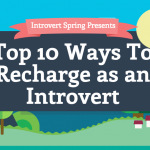
Avoiding crowds and social events is a trait that is often associated with being an introvert, but in fact, both introverts and extroverts can experience social anxiety. This is particularly true during times of anxiety. Without a doubt, adapting to life in pandemic times has had a huge toll on the mental health of millions of people across the globe.
For people with social anxiety, working from home and having fewer social events to attend was, in some ways, something to be grateful for. However, as vaccination rates rise, infection rates slow, and restrictions are lifted in many parts of the world, social anxiety is once again coming to the fore.
Many people who never shied away from social events are now experiencing fear or panic about being forced to return to social situations. What strategies can they take to make the “return to the new normal” a little smoother?
Seeking Help from a Professional
If you find that your social anxiety is so strong that you are unable to attend work, for instance, or you are having frequent panic attacks or finding it hard to function or undertake work tasks, then it is a good idea to seek professional help.
The current gold standard for social anxiety is Cognitive Behavior Therapy (CBT), which aims to shift self-critical, unhealthy thinking patterns that lead to negative self-evaluation and social avoidance.
During CBT, your therapist will help you understand the relationship between how you think, feel, and behave. They may suggest making one or more small behavioral changes and ask you to analyze their impact on how you think and feel about a specific social situation.
There are other options for overcoming social anxiety after the pandemic that you can discuss with your doctor. For instance, ketamine, an FDA-approved medication, is currently being used to treat depression and other mental health conditions and it can be useful for people who have not responded well to other approaches. Always receive advice from a trusted health professional when trying out new treatments.
Battling Stress Holistically
You should also embrace holistic means to approach social anxiety in a natural way. For instance, yoga practice is a known stress buster. Taking part in this activity in a small group and building trust and friendship can help reduce social anxiety and give you a sense of calm and serenity you may not have had before walking into class.
Other small activities you can think of joining include art classes, since creativity (even at a beginner’s level) helps battle anxiety and depression and boosts self-esteem.
If possible, take your creative session outdoors. Just 10 minutes in a green spot like a park or forest has a powerful impact on stress, putting you in an almost instant state of calm the way few other activities can.
Making Informed Decisions
Experts in Psychiatry and Behavior from Cedars–Sinai Psychiatry state that fear and anxiety are normal responses to the need to return to work or to attend more social events.
Anxiety is no more than a response to a perceived threat, after all. Planning upcoming social events is the way to go, say the experts. Think of the aspects of social occasions that are within your control and talk to your host about any concerns you have. Make decisions in accordance with your comfort level and communicate your decision honestly to those concerned.
Many people who have been working from home, relatively isolated from crowds, co-workers, and friend groups, feel socially anxious as the world returns to normal. If this is the case for you, aim to battle stress proactively through natural, holistic methods.
If your anxiety is so strong it interferes with daily functioning, consider seeing a therapist and/or another health professional to come up with a therapy/treatment plan that will put you back in the driver’s seat.










